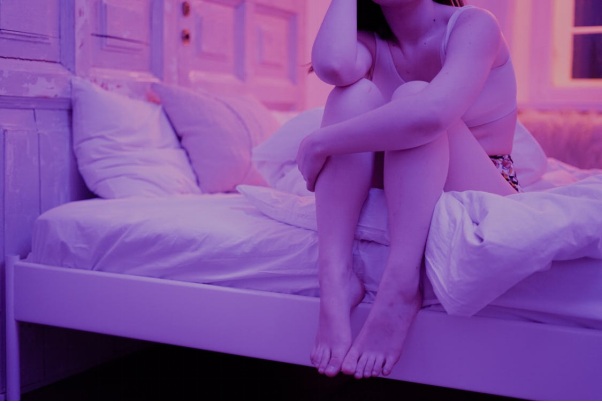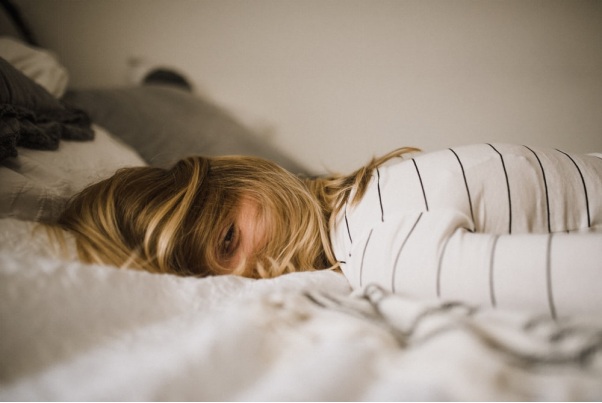Insomnia is the most common sleep disorder among Americans, with around 30% of adults reporting short-term, and 10% reporting chronic insomnia. The disorder itself is described as an inability to fall or stay asleep.
Here are some types of insomnia based on duration, cause, and how it affects your sleep.
1. Acute Insomnia
Since acute insomnia lasts anywhere between a few days to a few weeks, it’s considered a short-term, albeit common, disorder.
Here are some common triggers of acute insomnia.
- A traumatic event, such as death.
- A change in your life, such as marriage, a new job, and so on.
- Noise or light disruption.
- Some medication
- Jet lag
- Physical pain
- Sleeping in a new place.
2. Chronic Insomnia
Insomnia becomes long-term or chronic when you’re unable to sleep at least half a week for a straight month. It’s further divided into two types.
1. Primary Chronic Insomnia
Primary chronic insomnia is a not-so-common sleep disorder in which the underlying cause is unknown.
2. Secondary Chronic Insomnia
Secondary chronic insomnia is the most common of the two chronic insomnias and comes about as a result of another condition, which may be any of the following.
- Mental health illnesses, such as conscious and subconscious anxiety and depression.
- Stimulants, such as caffeinated and alcoholic beverages, drugs, and nicotine.
- An irregular lifestyle routine, such as working odd hours, taking power naps, jet lag, and so on.
- Certain medication
- Medical conditions, such as sleep apnea, hyperthyroidism, and diabetes.
3. Maintenance Insomnia
You might be suffering from maintenance insomnia if you have trouble staying asleep for as long as you should. The common causes of this sleep disorder include:
- Mental health conditions like depression, stress, and anxiety.
- Respiratory conditions such as asthma.
- Restless leg syndrome.
- Sleep apnea
- Blocked nose
- Allergies
- Acid reflux
4. Onset Insomnia
Struggling to stay asleep is one thing, but falling asleep in the first place is a whole other ballgame for sufferers of onset insomnia. It could be both short or long-term and come about for reasons such as:
- Mental health conditions like depression, stress, and anxiety.
- Concurrent sleep disorders, such as restless leg syndrome.
- Stimulants like caffeinated and alcoholic drinks.
How to Treat Chronic, Acute, and Short-Term Insomnia
Cut your sleep woes short by reaching out to Rekha Shrivastava, a certified hypnotist with over 20 years in the mental health field. Through the subconscious mind healing techniquesinvolved in the practice of hypnosis, Shrivastava has helped countless people with codependency recovery, smoking cessation, weight loss, and more.
Book a free consultation with her online or schedule an in-person meeting in Rochester, NY.



Be First to Comment